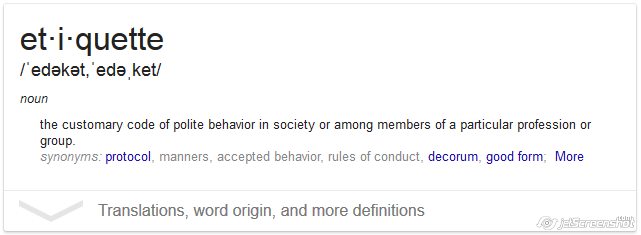I’m still surprised by the silly things I see happen when subs come to rehearsal to fill in for sick members. While they might be excellent musicians and people their behaviors sometimes leave a lot to desire. While you may want to chock odd behaviors up to youthful inexperience 9 out of 10 times its the experienced musician that seems to forget how to behave. To the credit of most of the band leaders I’ve worked with those players haven’t returned to the bandstand during my watch. So with that in mind let’s look a a few pointers how how not to get yourself uninvited back to the bandstand.
1. Be on time – With the advent of GPS enabled smart phones and the mobile internet getting lost is almost impossible. Sure, driving in an unfamiliar town in the dark is a distraction but if you research your journey and leave extra time you should be able to mitigate it. if you are unavoidably late then a call to the band leader or who booked you is in order in advance of call time.
2. Gear and Stands – Now that you’re at the rehearsal space ask someone where to keep your case and accessories. No, your bulky rolling mute case doesn’t belong on the stage. If you don’t have a mute tree for your music stand then find another keep them accessible while also getting that monolith of the rehearsal stage. Also, aware of seeming clear and accessible areas that are curiously devoid of cases despite the excellent location. This area maybe clear for fire code or reasons outside of the obvious. When in doubt ask someone.
3. Warm up ≠ fff Brecker or Ferguson licks – It’s not uncommon to have a brass player belting out his loudest Malagueña fanfare or something similar. This eventually leads to the next player who’s trying to warm up needing to increase their volume to hear themselves and so on until the rehearsal space is a wash in noise. I can’t speak for brass teachers but my woodwind teachers all had us warm our chops and fingers at a moderate or low volume focusing on centered tone and preparing the body for the exercise to follow in a calm a deliberate way. We worked to clear and focus the mind on making music.
4. *Be friendly to your section mates – This is a personal preference but I like to introduce myself and setup a general tone of relaxed confidence. I like the other players to know I want to be there. Also, that I’m interested in playing with them and hearing their take on the music. We don’t have to be best friends but a chilly shoulder doesn’t make me want to recommend them the next time a band leader needs a sub.
4.1 – Check your attitude at the door. – When the band comes together we’re there to make music not to have a pissing contest. I think we will all play with musicians who seem to be overconfident or cocky. I’ve noticed this more with young musicians than with old. If you haven’t yet then be sure that you’re not the overconfident one.
5. Look over the tunes before we play – Yes, you’ve played 12 versions of this tune but you don’t know how different this arrangement will be unless you look it over. Take stock of written changes and special notations. The player that gives themselves a solo during a written tacet section gives away the fact that they didn’t care enough to review the tune in the time before the rehearsal or in the lull between songs.
6. Play the tune like it’s your favorite – Please don’t grumble about having played this tune for the 47th time this week. This mouth poison really ruins the vibe of the section. instead approach the likes it’s your all time favorite and your audience, both on stage and in the seats, will hear the dramatic increase in quality.
7. Don’t be late.. Part 2 – During breaks, if the directors gives you a 10 minute break don’t be late returning to your seat. if you know your horn needs extra time to warm up, bari sax, then return a little early to start the warm up process again. The band shouldn’t have to wait for 1/2 way through the first tune for your intonation to be locked in.
8. Pickup the pieces – After rehearsal be courteous to your hosts and ask where to put your book, chair and stand. Most of the time you’ll be told not to worry but it leaves a good impression if you at least try to pick up after yourself.
9. Don’t be a ghost – After a rehearsal is the place where new gig opportunities are made. It’s your chance to compliment and be complimented,. Gather name and numbers, and to turn an musical experience into a personal one. When you disappear promptly after rehearsal you lose the opportunity for other musician to connect to you and share projects that they may need some help on. Also, don’t forget to take the time to thank who ever called you in to sub. That’s the person who can further your career.
Take all this with a grain of salt and do what make sense for you. I’m only sharing what troubles me from the professional and amateur musicians I’ve played with. If I’m off base please let me know what you think. Find me on Twitter at @modernbarisax

